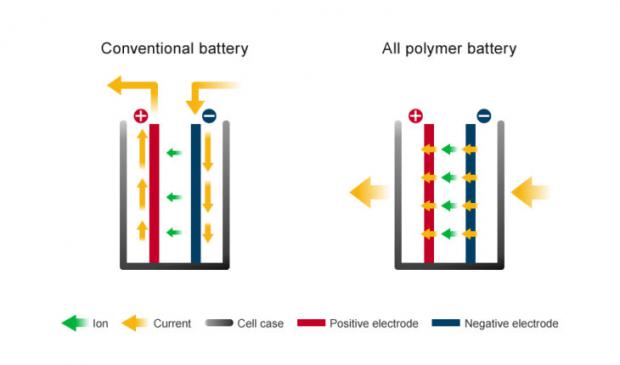
Breaking News
 The Self-Sufficiency Myth No One Talks About
The Self-Sufficiency Myth No One Talks About
 We Investigated The Maui Fires and The Cover-Up is Worse Than We Thought | Redacted
We Investigated The Maui Fires and The Cover-Up is Worse Than We Thought | Redacted
 The Amish Secret to Keeping Pests Out of Your Garden Forever
The Amish Secret to Keeping Pests Out of Your Garden Forever
 Scott Ritter: Full-Scale War as Iran Attacks All U.S. Targets
Scott Ritter: Full-Scale War as Iran Attacks All U.S. Targets
Top Tech News
 US particle accelerators turn nuclear waste into electricity, cut radioactive life by 99.7%
US particle accelerators turn nuclear waste into electricity, cut radioactive life by 99.7%
 Blast Them: A Rutgers Scientist Uses Lasers to Kill Weeds
Blast Them: A Rutgers Scientist Uses Lasers to Kill Weeds
 H100 GPUs that cost $40,000 new are now selling for around $6,000 on eBay, an 85% drop.
H100 GPUs that cost $40,000 new are now selling for around $6,000 on eBay, an 85% drop.
 We finally know exactly why spider silk is stronger than steel.
We finally know exactly why spider silk is stronger than steel.
 She ran out of options at 12. Then her own cells came back to save her.
She ran out of options at 12. Then her own cells came back to save her.
 A cardiovascular revolution is silently unfolding in cardiac intervention labs.
A cardiovascular revolution is silently unfolding in cardiac intervention labs.
 DARPA chooses two to develop insect-size robots for complex jobs like disaster relief...
DARPA chooses two to develop insect-size robots for complex jobs like disaster relief...
 Multimaterial 3D printer builds fully functional electric motor from scratch in hours
Multimaterial 3D printer builds fully functional electric motor from scratch in hours
 WindRunner: The largest cargo aircraft ever to be built, capable of carrying six Chinooks
WindRunner: The largest cargo aircraft ever to be built, capable of carrying six Chinooks
Progress to All Polymer Battery

He says this approach dramatically simplifies and speeds up manufacturing, making it as easy as "buttering toast."
They make 10-meter-long battery sheets which are stacked on top of each other to increase capacity. These resin-based batteries are also resistant to catching fire when punctured.
In March, APB raised $74 million. This will be used to build a plant in central Japan with 1 gigawatt-hour capacity by 2023.
APB will first focus on stationary batteries used in buildings, offices and power plants. The stationary battery market will be worth $100 billion by 2025 worldwide — more than five times its size last year — according to estimates by Wood Mackenzie.
APB has already lined up its first customer, a large Japanese company whose niche and high-value-added products sell mostly oversea
Nissan is also working on all polymer batteries. Nissan licensed the technology to APB in 2018.

 RNA Crop Spray: Should We Be Worried?
RNA Crop Spray: Should We Be Worried?

